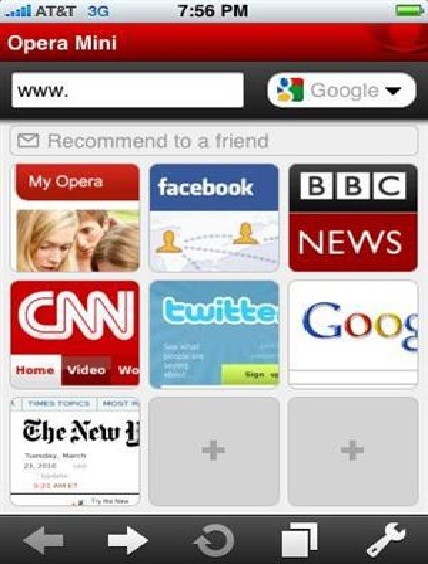Mobile Internet browser Opera Mini recently announced that it will release an update for all Android devices in order to allow users to switch from faster browsing experience and data saving modes depending on the extent of their needs.
Opera Mini will introduce two new compression modes aptly named High and Extreme.
The High compression mode is optimized every time the user's device runs on either 3G, 4G or Wi-Fi networks. Under this mode, users can save massive amounts of bandwidth while at the same time maintain default image sizes and video playback quality.
The Extreme mode boasts reduced data usage by compressing it though proxy servers and using the Opera Binary Markup Language (OBML). The OBML reduces data usage by stripping out unnecessary webpage elements. The Extreme mode is previously the default compression method used by Opera in order to lessen data bandwidth usage.
According to The Next Web, the Extreme mode can strip down and simplify website layouts which in turn saves up to 90 percent of data bandwidth.
Opera Mini product manager Christian Uribe told The Inquirer, "Opera Mini has for decade helped hundreds of millions of users across the globe to access their favorite content on the internet no matter which mobile phone they had or how slow their data connection was."
Uribe added that Opera aims to reach 275 million Android users before the end of 2017. The company is also aiming to attract consumers that do not have direct access to 3G or 4G networks as well as international users concerned about charges levied while on roaming mode.



























